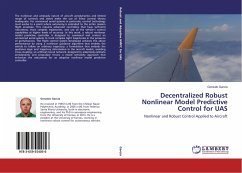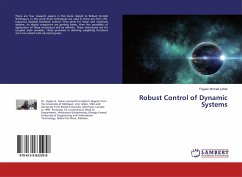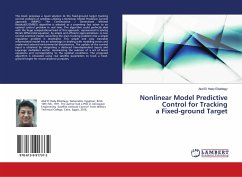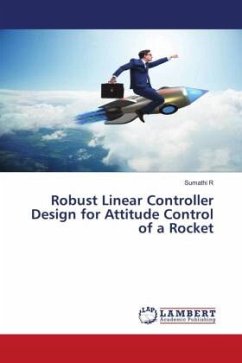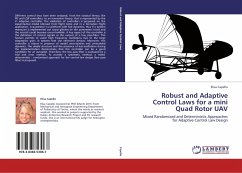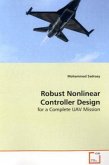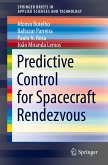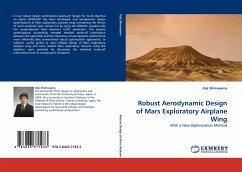The nonlinear and unsteady nature of aircraft aerodynamics and limited range of controls and states make the use of linear control theory inadequate. For unmanned aerial systems in particular, control technology must evolve to a point where autonomy is extended to the entire mission flight envelope. This requires advanced controllers that have sufficient robustness, track complex trajectories, and use all the vehicle's control capabilities at higher levels of accuracy. In this work, a robust nonlinear model predictive controller is designed to command and control an unmanned aerial system to track complex tight trajectories in the presence of perturbances. The flight control system developed achieves the above performance by using a nonlinear guidance algorithm that enables the vehicle to follow an arbitrary trajectory; a formulation that embeds the guidance logic and trajectory information in the aircraft model, avoiding cross coupling; an artificial neural network, designed to adaptively estimate aerodynamic and propulsive forces; a mixed sensitivity approach that enhances the robustness for an adaptive nonlinear model predictive controller.
Bitte wählen Sie Ihr Anliegen aus.
Rechnungen
Retourenschein anfordern
Bestellstatus
Storno

